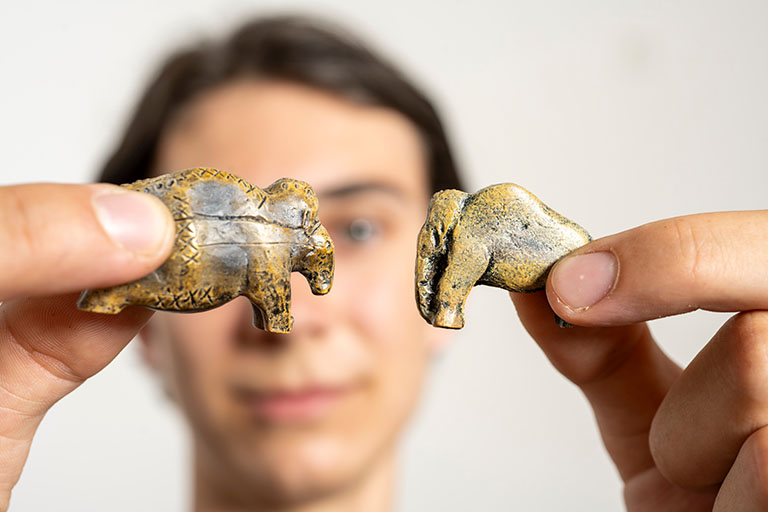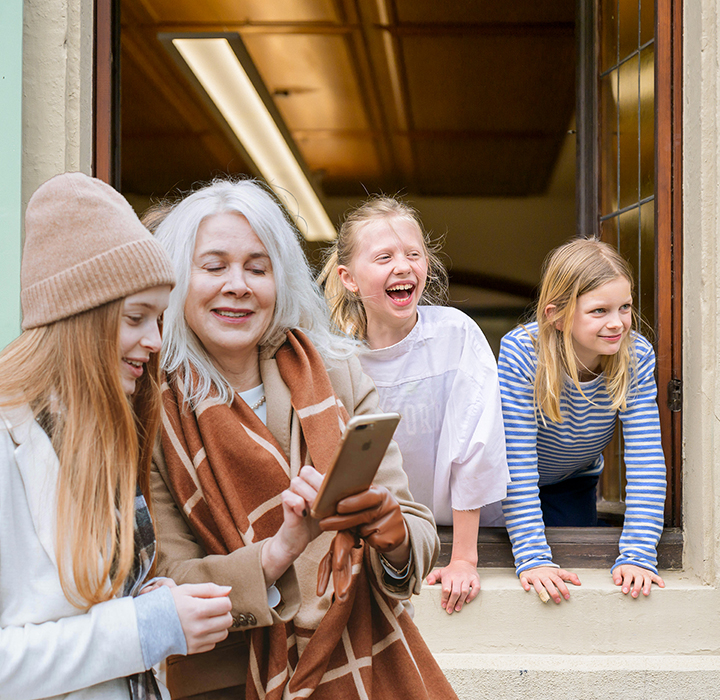Current exhibitions

22nd November 2025 – 1st March 2026
TAKING TURNS
Museum für Neue Kunst
Two artists, one subject matter, a number of similarities and divergencies – at times juxtaposed in a kind of dialogue with one another, otherwise presented individually, the artworks reveal different ideas about painting that nevertheless share a common ground. Forty years lie between the student days of the Freiburg painter Artur Stoll (1947–2003) and those of the Cologne artist Olga Jakob (b. 1985) at the Academy of Fine Arts in Karlsruhe. Both share an obsession with the materials and colour fundamental to painting. While Stoll’s layered, dense paintings appear weighty and massive, Jakob’s works made of fabric and tissue paper seem diaphanous and fragile by contrast. How do form and size influence perception? What constitutes proximity and distance? At what point does figuration morph into abstraction? Visitors are guided through the exhibition by a range of such questions that leaves scope for them to contribute their own thoughts about what is on display.
All of Artur Stoll’s works presented here hail from the Morat Institut für Kunst und Kunstwissenschaft in Freiburg. With a profound eye and inestimable passion, Franz Armin Morat compiled important artworks by a variety of selected artists and established a renowned institution with a reputation that extends far beyond Freiburg.

23 October 2025 – 8 March 2026
Primal Forms. Ice Age Art of Europe
Archäologisches Museum Colombischlössle
Icy cold and unique art – do they go together?
Archaeology says: yes! Around 45,000 years ago, modern humans arrived in Europe and created masterfully crafted works of art. Small sculptures of people and animals still reveal how our ancestors perceived their world. The 23 most famous figures of Ice Age Europe are brought to life here through faithful replicas – touching is not only allowed, it’s encouraged. Highlights of the exhibition include unique originals from the Badisches Landesmuseum, such as a stylised female figure and an intricately decorated perforated baton, both discovered at the former hunting camp at Petersfels near Engen. The melody of a bone flute accompanies visitors on their journey into the caves of the Ice Age.


